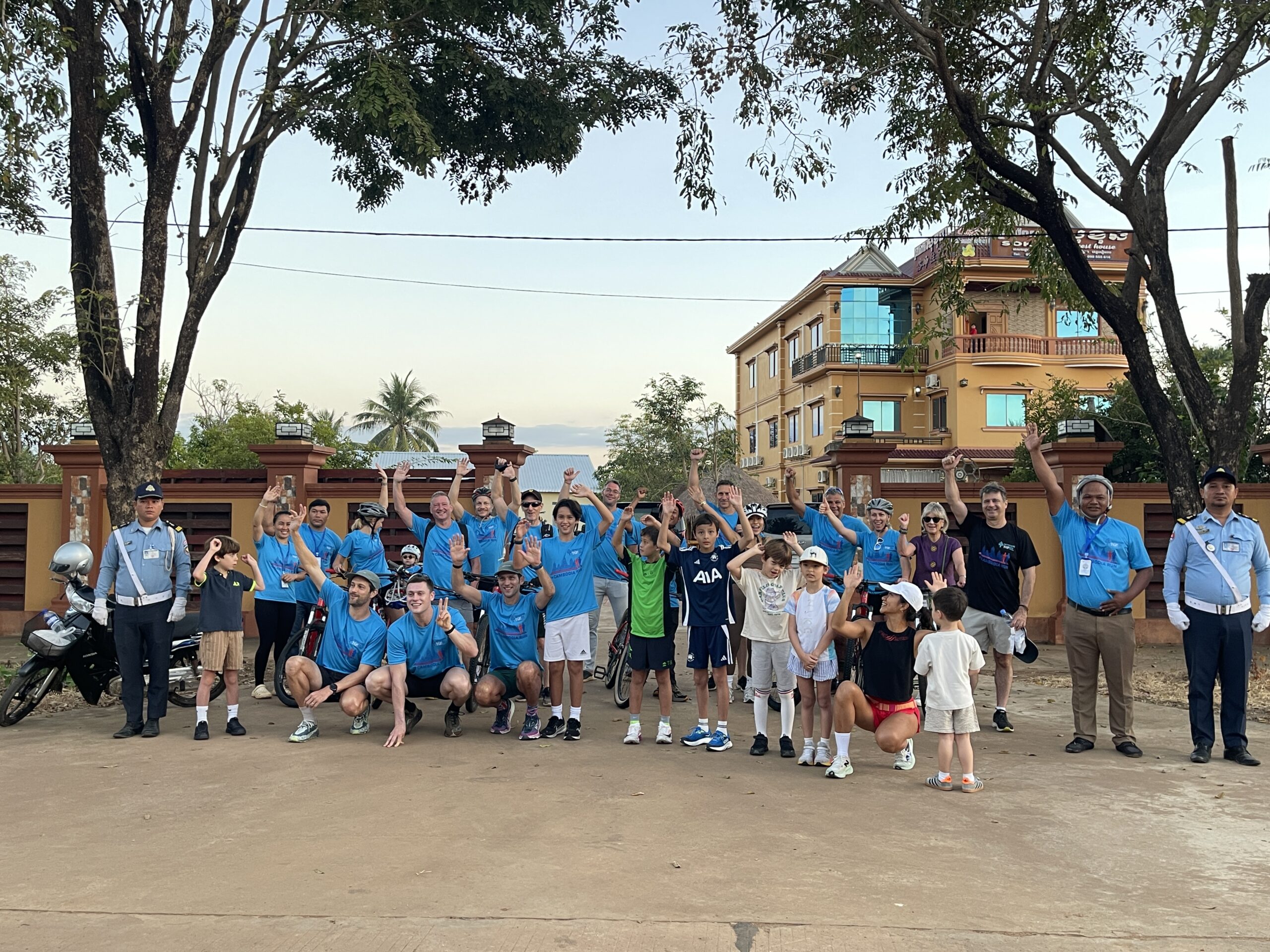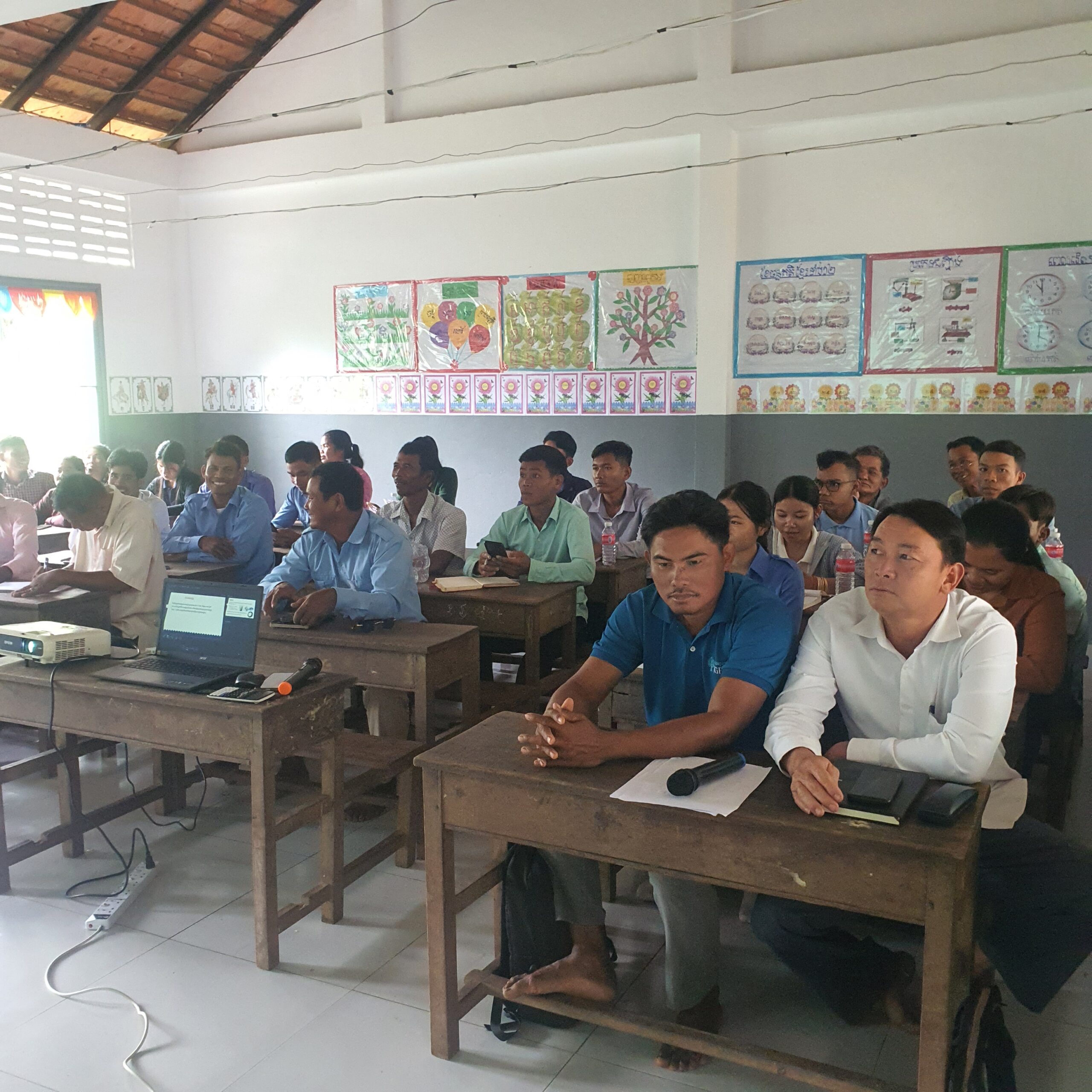At TGF, our scholarships do more than just support individual students – they transform entire families and entire communities.
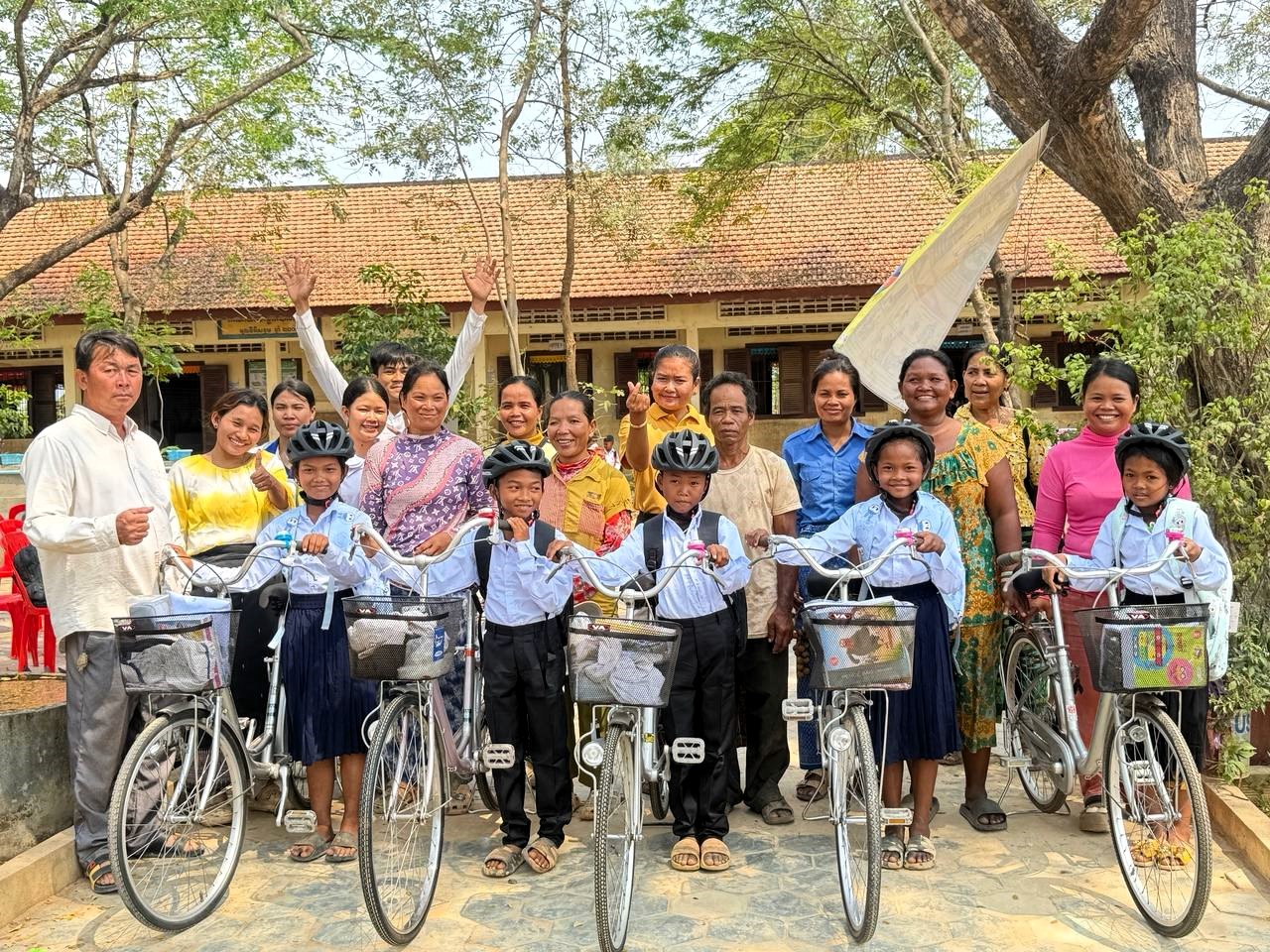
Each year, we select students from our supported primary schools that have fully implemented our Children’s Education Program (CEP) Strategy. These students receive annual scholarships starting in Grade 4 and continuing through Grade 6. Completing primary school is not just a milestone – it’s the foundation for long-term educational success, greater opportunities, and a brighter future.
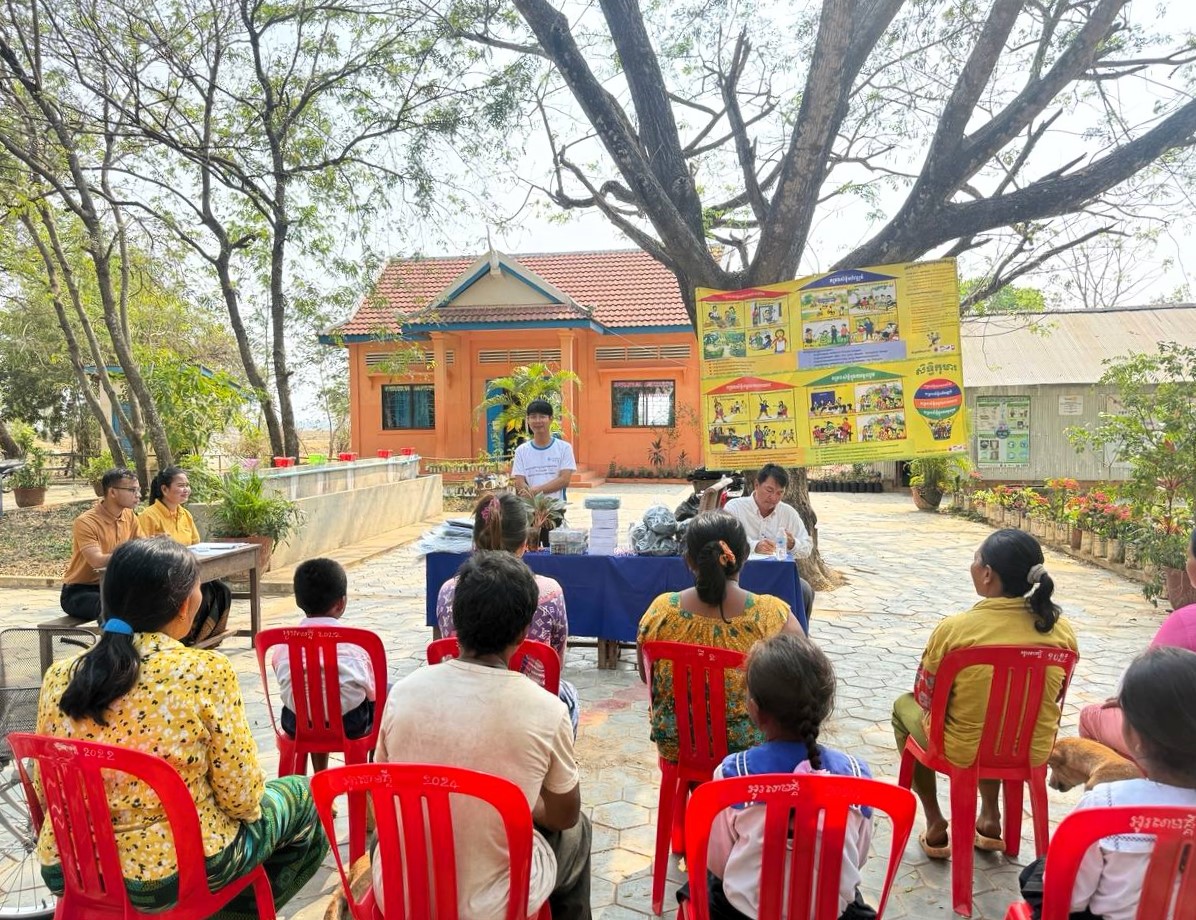
But our commitment doesn’t stop with the students. We actively involve their parents to ensure they are fully invested in their children’s education. Parents attend orientation meetings where we emphasize the importance of regular school attendance and weekly library visits.
What makes our scholarship program unique is the financial empowerment it provides to families. Here’s how it works:
- Community Savings Groups: Families are required to join local community savings groups where they learn the basics of financial literacy, access community loans, and benefit from peer learning opportunities.
- Business Investment: To access the financial support received through the scholarship program, families must propose specific agricultural business ideas to boost or grow their home-based businesses. Until these plans are approved, the funds remain securely held in the community savings group account to ensure they are used responsibly.
- Farmer Field Schools: Scholarship families are required to participate in our Integrated Farmer Field Schools. These programs focus on equipping participants with practical skills in areas like poultry farming, fish raising, mushroom cultivation, and vegetable farming. Interestingly, over 90% of the families who participate in these schools are women, further contributing to the empowerment of women in the community.
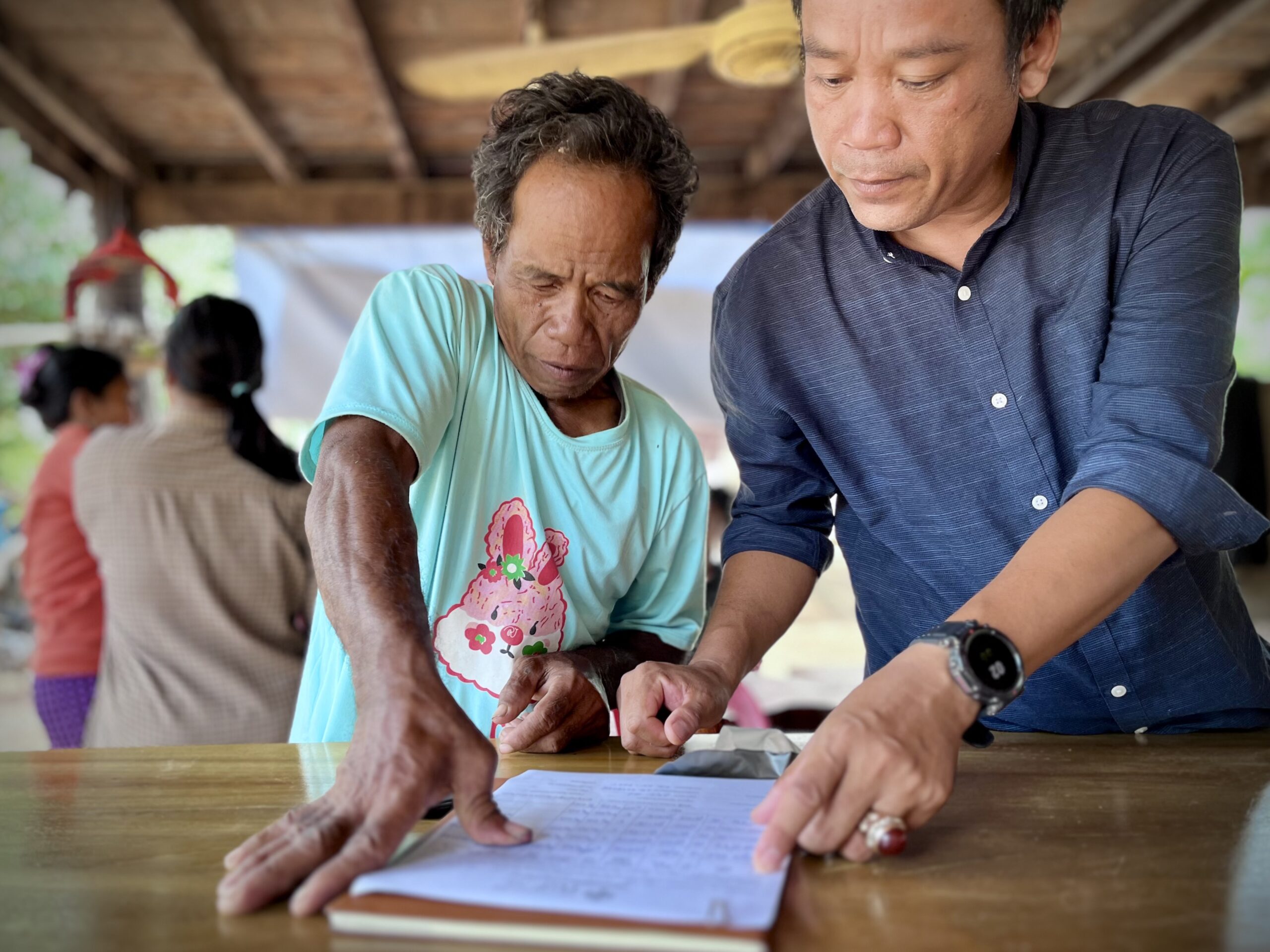
This holistic approach ensures that benefits extend far beyond the student. Families become more financially and agriculturally resilient, communities flourish, and children can stay focused on what matters most – their education.


